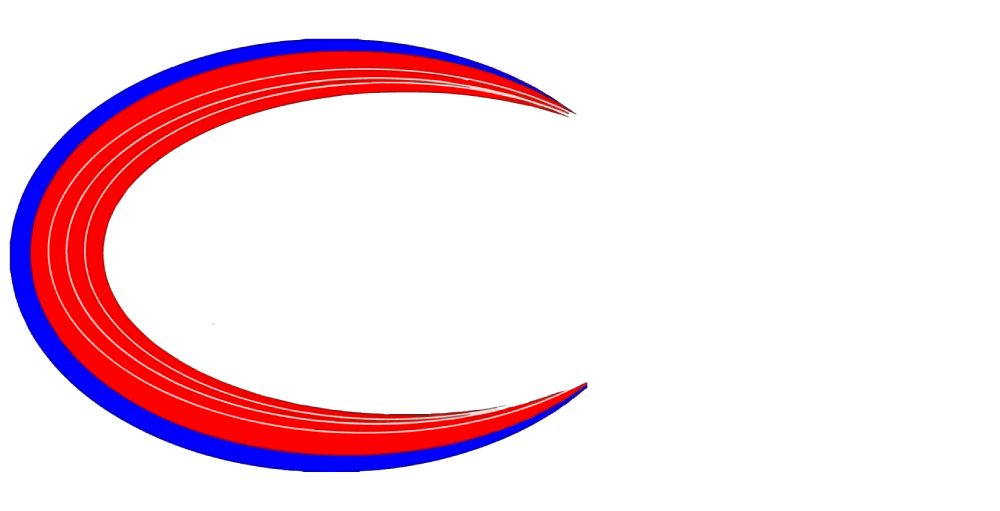 This weekend was Rockingham Sprint Triathlon in Western Australia. It provided an opportunity for the F4L junior athletes to showcase what they could do against some of the best athletes in WA in a draft legal race. An opportunity, which, for a variety of reasons which did not go according to plan.
This weekend was Rockingham Sprint Triathlon in Western Australia. It provided an opportunity for the F4L junior athletes to showcase what they could do against some of the best athletes in WA in a draft legal race. An opportunity, which, for a variety of reasons which did not go according to plan.
"One finds you can elicit great wisdom from losing, not least of which is how much better it is to win. Its ok to lose once in a while, trick is... not to make a habit of it." - A Good Year
Races like this reminds me how hard it is to compete at this level. Performance at this level requires the athlete to find something within themselves and rise to the challenge.
The other athletes in these races are killers.
Don't take that the wrong way, but these athletes really want it. The guys and girls at the front will do what is necessary to win. If that means, sitting on someone's wheel and not taking a turn... that's what they will do, if that means smashing themselves in the swim to get on the back of the bike pack... that's what they will do. To beat the best means killing them in a sporting sense.
This is not going to be a moan about what went wrong, that's between me and the individual athletes. The blog is intended to be more about athletes taking responsibility for their performances.
 Every race is an opportunity for athletes to deliver on all the practice they have put in, the processes they have been practicing in training and to shine.
Every race is an opportunity for athletes to deliver on all the practice they have put in, the processes they have been practicing in training and to shine.
"Sport brings out emotions in people. That's great. But that's not what performance is about." - Toni Minichiello
What I believe Toni is saying here is that, athletes have to remove their emotion and focus on their job. Yes this is sport, yes these athletes are kids, but they have a job to do on race day. They are practicing to compete at elite level. They want to compete in fly-away races and national championships. To do that they must execute what they do in training. So for example, we would never do a swim time trial without a warm up... should we race without one? Just for the record, they all warmed up!
However, the athletes should make sure they put everything into practice that they have learned... and they have to take responsibility for their race. As a coach, I can facilitate getting the athlete fit enough, practice the skills they need, work on their race craft, help with their mental planning, give them all the tools they need in the box to deliver their best race... but I can not deliver the race for them.
They have to want it and then go and get it.
When it comes to a race day, especially an athlete's bigger races it can be a really emotional experience. The whole point of having a plan or a process to follow on race day is to reduce some of that emotion. You don't want to take the nerves away... nerves are good, it means you care about what you are going to do. You need to control the nerves but, we need to eliminate the emotion.
I used to have people taking the mick out of me when I raced... it really was best that you did not come and talk to me pre-race... I wanted to be left alone and be able to focus on the job at hand. Headphones on, find some quiet space, relax, listen to some upbeat music (yes, that usually meant the Rocky soundtrack)... when the time is right start the pre-race process... warm-up, etc, etc, etc... I would follow my process. I didn't give a flying S*^! what anyone else did. On the start line, I knew exactly where I was going and what I was going to do.
Hey... don't get me wrong I was no expert, I certainly didn't get it right all the time... I have swum to the wrong buoy, missed swim turns, tripped going into the water, and once laughed so hard I swallowed a gallon of sea water when another athlete did a complete 180 degree flip as his foot hit the wave!
But I knew what I was going to do.
If my coach gave me advice, I would always listen and pay attention, and then execute the advice. I certainly always take it on board, and only question it if I thought it needed questioning (which was very rarely).
 My job as a coach is to mainly to make sure the athlete consistently delivers in training. By having consistency in training the athlete develops the confidence to perform on race day. Every athlete is different. Every athlete responds differently in different situations. Confidence takes time to develop... and... by definition... so do race performances.
My job as a coach is to mainly to make sure the athlete consistently delivers in training. By having consistency in training the athlete develops the confidence to perform on race day. Every athlete is different. Every athlete responds differently in different situations. Confidence takes time to develop... and... by definition... so do race performances.
So what was the best bit of advice given to me to develop my confidence in racing?
"Control what you can control... and stuff everyone else"
I am off to write and deliver some more confidence building sessions...
...and then I am going to continue work on my golf swing. Think I got the Drive with a slight draw sorted... although some may consider it to be more of a hook!

